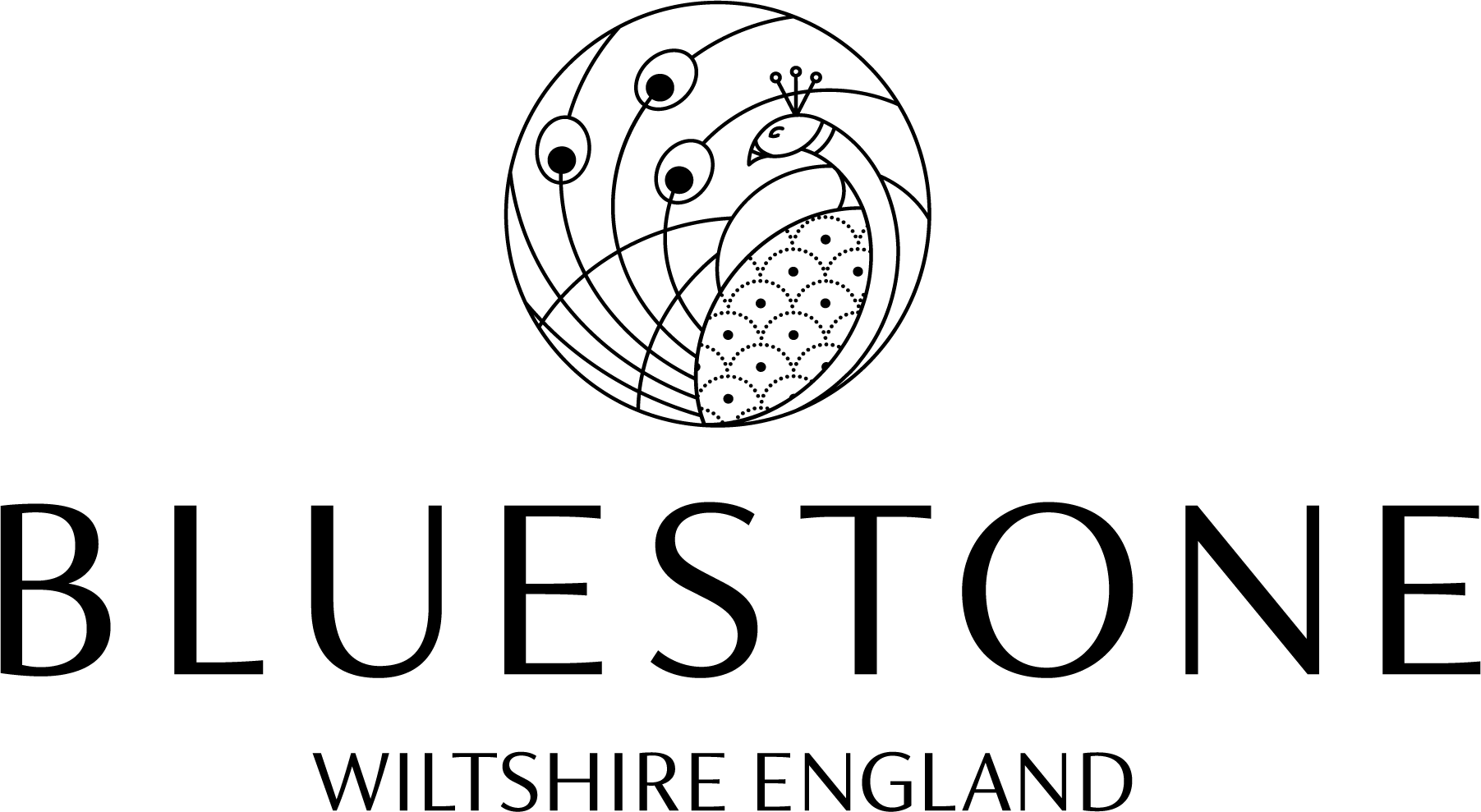Our Vineyard

Innovation
English wine right now is exciting. It’s dynamic and young, with a consensus among many of our fellow winemakers that we can be world class. Our sparkling wines already are. At Bluestone Vineyards, we are an agile producer unafraid to experiment and pursue excellence to make only the finest fizz.
Brothers Nat and Toby McConnell planted four parcels of vines at Three Acre, Iron Age, Roundhouse and Top Field on Wiltshire slopes neighbouring the family farm. All the grapes are hand-harvested and vinified, before being blended into our exclusive Cuvees.

Beginnings
The brothers’ 10 acres of vines were planted in 2016. The decision was made after an archaeological survey in the mid-2000s was sent off for analysis and shared with a family friend, who makes wine in Champagne. He marvelled at the results and identified it as a site that could make exceptional sparkling wines.
Following further research and site analysis, the vines were planted. The brothers used their expertise in the luxury market and biochemistry backgrounds to realise their dream, furthering their knowledge by learning vineyard management and immersing themselves in all areas of the business. Toby completed a course in viticulture and Nat completed an MSc in viticulture and oenology.

Terroir
Each parcel on the vineyard is cared for to its specific needs and the aspiration is to vinify each of the parcels separately to discover each plot’s character and nuances. The parcels all experience their unique exposure to wind, aspect, soil depth and sunshine.
The vines at Bluestone are planted on sandy, clay loam soils. It is naturally high in organic matter with plenty of nutrients and has a great ability to balance and retain moisture, draining excess water feely through the underlying chalk. Top soil depth varies considerably on the slopes, from 3 to 100cm deep, affecting fertility, water and soil temperature and lending different characteristics to the grapes that grow from it.
Currently, 58% of our vines are planted with Chardonnay, 32% with Pinot Noir, and 10% with Pinot Meunier. These are the same noble grapes you will know from Champagne, and they have found a new home here on our soils in Wiltshire.

Our natural environment
We make wines with care for the land and the nature that surrounds us. Inherited from the family farm is our own bore hole, accessing a natural water resource 90m below, that supplies the estate with a naturally filtered source of spring water. This feeds our buildings, spraying mixtures, and the animals in our neighbouring rare breeds farm.
Our estate is solar powered, often having a positive contribution to the grid and feeding energy back to the community. In the long term, we are looking at the opportunity to harness this energy with batteries on site that can keep us solar powered when the sun goes down.
In the vineyard, we’re taking a holistic approach to regenerative farming. In a marginal climate like ours, going organic would mean using copious amounts of copper sulphate as a preventative to mildews, which damages our land. Instead we take a minimal intervention approach, with targeted spraying. We use tools like an atomiser spray to control the growth of grass and increase airflow under the vines, without killing the grass.
Part of our vineyard management is doing all we can within our means. We want to learn new practices and share what we’re up to, so that our friends in wine can improve with us and we can promote the rewards of good farming.
You’ll find us looking into practices like spore capturing, which helps measure the spore population and risks of mildew, so we can integrate this into our vineyard management and only use preventative measures when it’s necessary to do so. We also have a weather system to predict, plan and improve our spraying programme. Between the vines, chalk grassland thrives and encourages more biodiversity and healthier soils for our vines - these cover crops are especially important in the wheel ruts to break up compaction in the soil and increase the air pockets and circulation for healthy vines.

People and planet
A core part of any sustainable business is our people. We are lucky enough to be joined by a brilliant team throughout the year, some of whom you will meet on our tours. Every year, our team is joined by our wonderful volunteers for harvest. The family farm, Cholderton, has always been in the hearts of our local community and we have many shared memories here. We are always open to working with new friends, building on opportunities for rural employment, and celebrating our mutual wins at events like our annual get together.
We know that any business today has a carbon impact. We are committed over time to offset what we can and reduce the waste in our process, so that we can enjoy the finest fizz without it being a cost to the planet we all share. This is as much a learning journey as our drive for quality, and we will continue to improve as our knowledge grows.
Beyond the vineyard
All great wine starts with the vines, but what comes next is in the magic of fermentation, of time, and our people. Read our story here.

